- Clashes continue in Sittwe as junta reinforces naval, armored deployment
- Arakan Army signals willingness to forge strategic partnership with Bangladesh’s new government
- Internet blackout in Arakan State hampers emergency aid delivery
- Arakan residents call for air raid warning systems amid surge in junta airstrikes
- Arakan’s Breathing Space (or) Mizoram–Arakan Trade and Business
Arakan Front Party registers to contest junta-organised election, says UEC
The Arakan Front Party (AFP) has registered with the junta-appointed Union Election Commission (UEC) for the national election slated for later this year, the state-run Myanmar Alinn daily reported on Tuesday.
28 Feb 2023
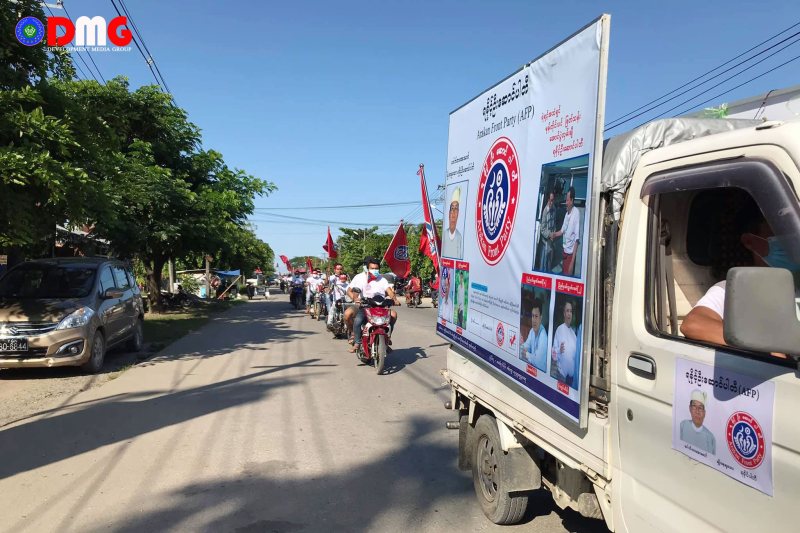
DMG Newsroom
28 February 2023, Sittwe
The Arakan Front Party (AFP) has registered with the junta-appointed Union Election Commission (UEC) for the national election slated for later this year, the state-run Myanmar Alinn daily reported on Tuesday.
The AFP has become the first political party based in Arakan State to register for the regime-organised election.
DMG continues to attempt to contact Dr. Aye Maung, chairman of the AFP, regarding the party’s next steps ahead of the vote.
The military regime enacted a new Political Parties Registration Law on January 31, which requires parties to re-register with the junta-appointed UEC within 60 days or be disbanded.
So far, 13 political parties have reportedly registered with the UEC to contest the regime-sponsored election, the junta’s electoral body said in a statement.
The AFP — founded by Dr. Aye Maung, who resigned from the Arakan National Party (ANP) in 2017 — contested 17 constituencies in the 2020 general election, winning one seat in the Lower House and two seats in the Arakan State parliament.
The ANP has sought input from executive committee members of its township branches on whether the party should register with the UEC. The Arakan League for Democracy (ALD), meanwhile, has officially decided not to register for the junta-organised election slated for later this year.
AA spokesperson U Khaing Thukha told a press conference on Monday that the planned election cannot bring about the realisation of the people’s aspirations.
The regime intends to replace the previously used first-past-the-post electoral system with one based on proportional representation instead.
On January 23, junta boss Min Aung Hlaing said the military regime would work to ensure that all citizens can vote freely in the upcoming election, without threats or coercion — a claim viewed dubiously by wide swaths of the voting public and international community.




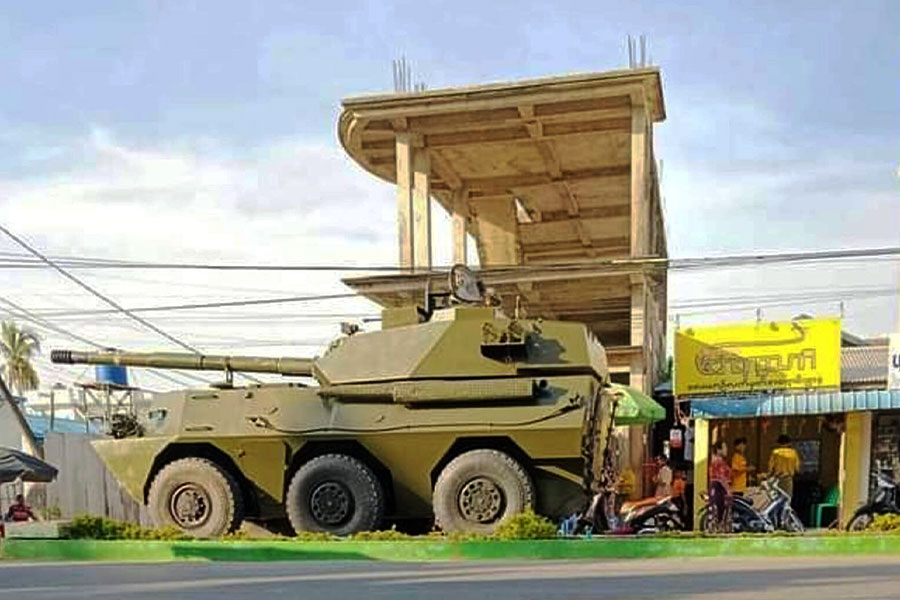
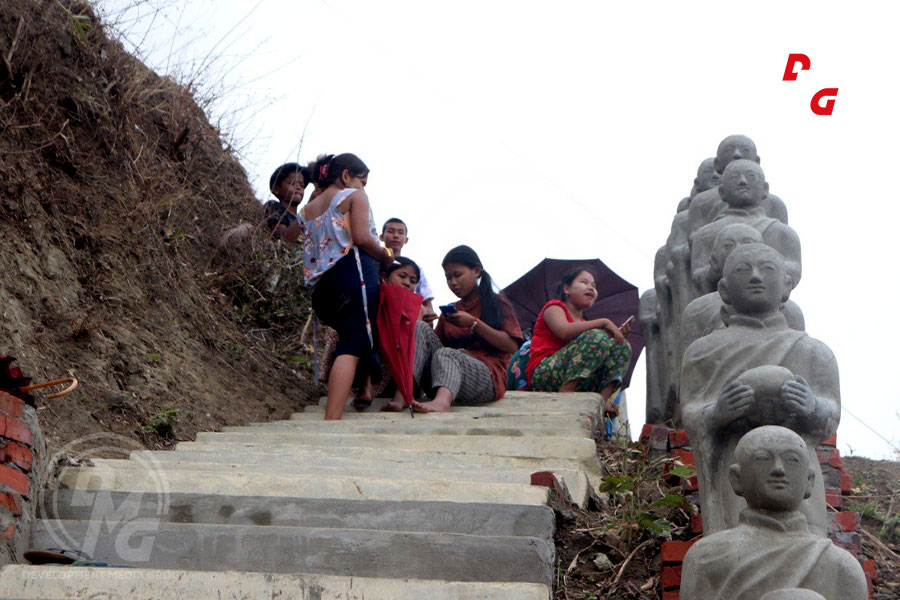
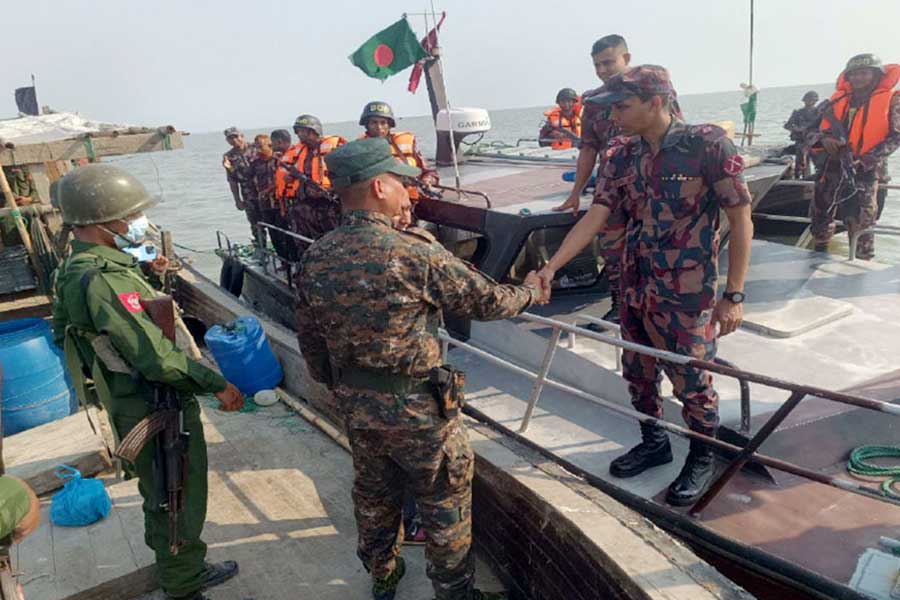
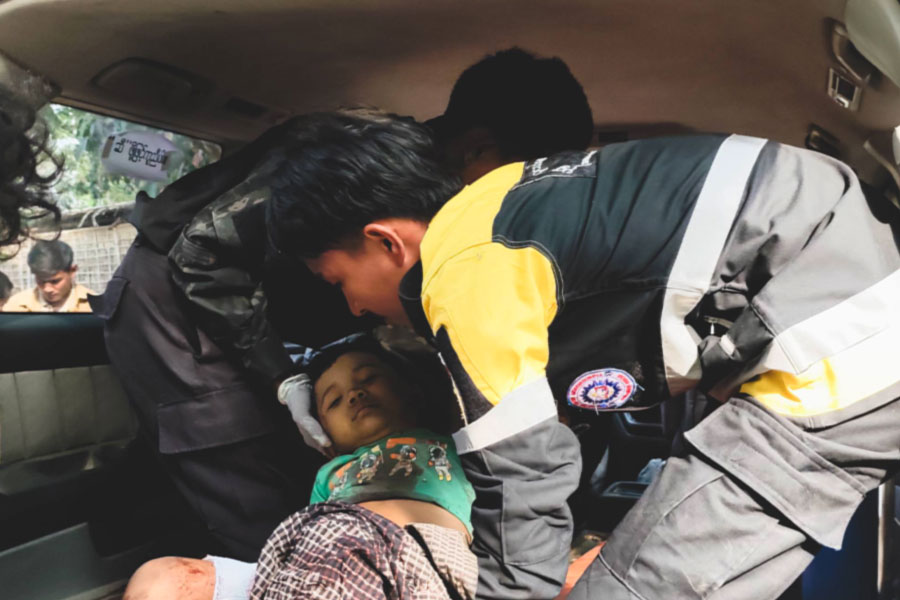
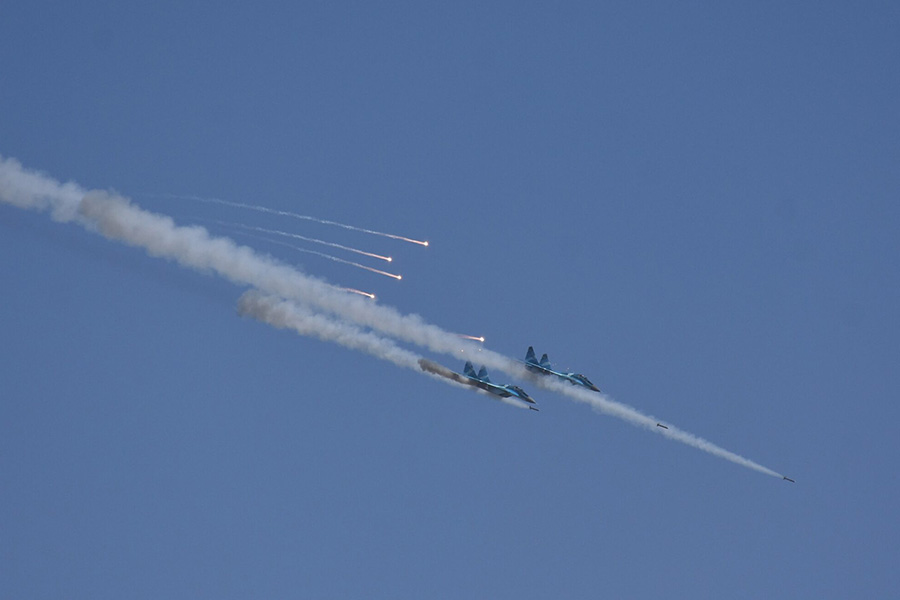








.jpg)